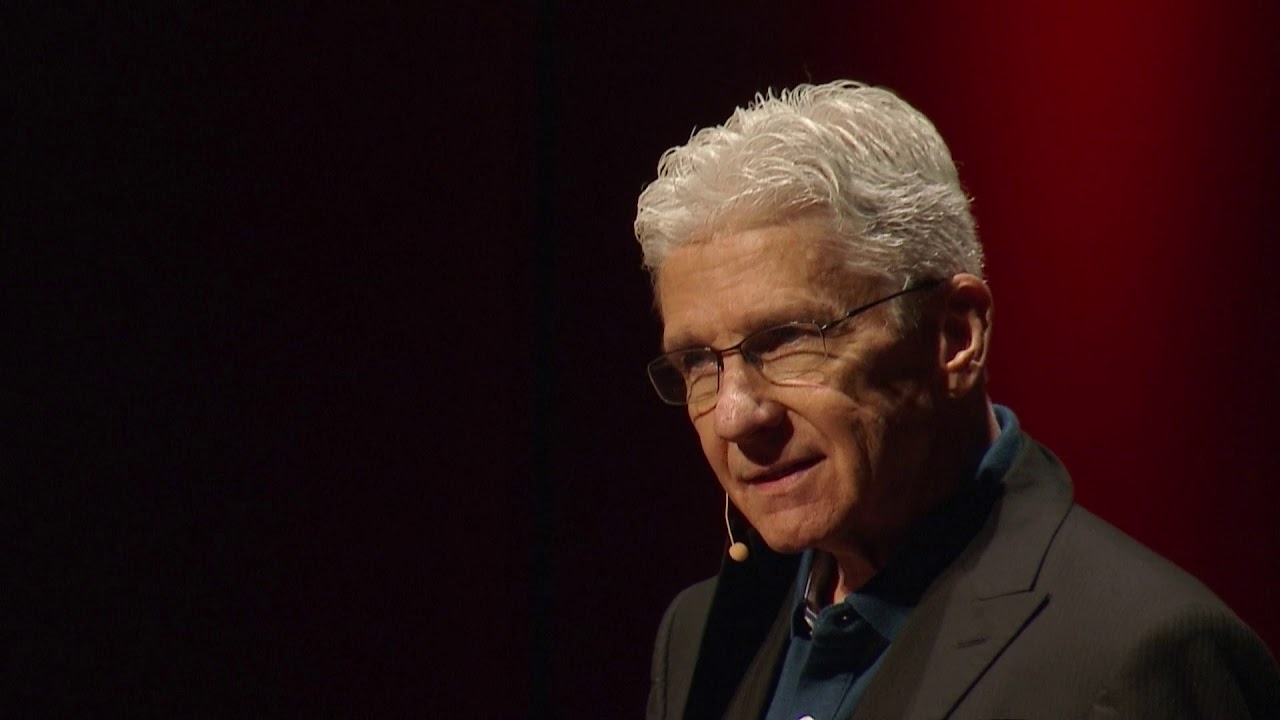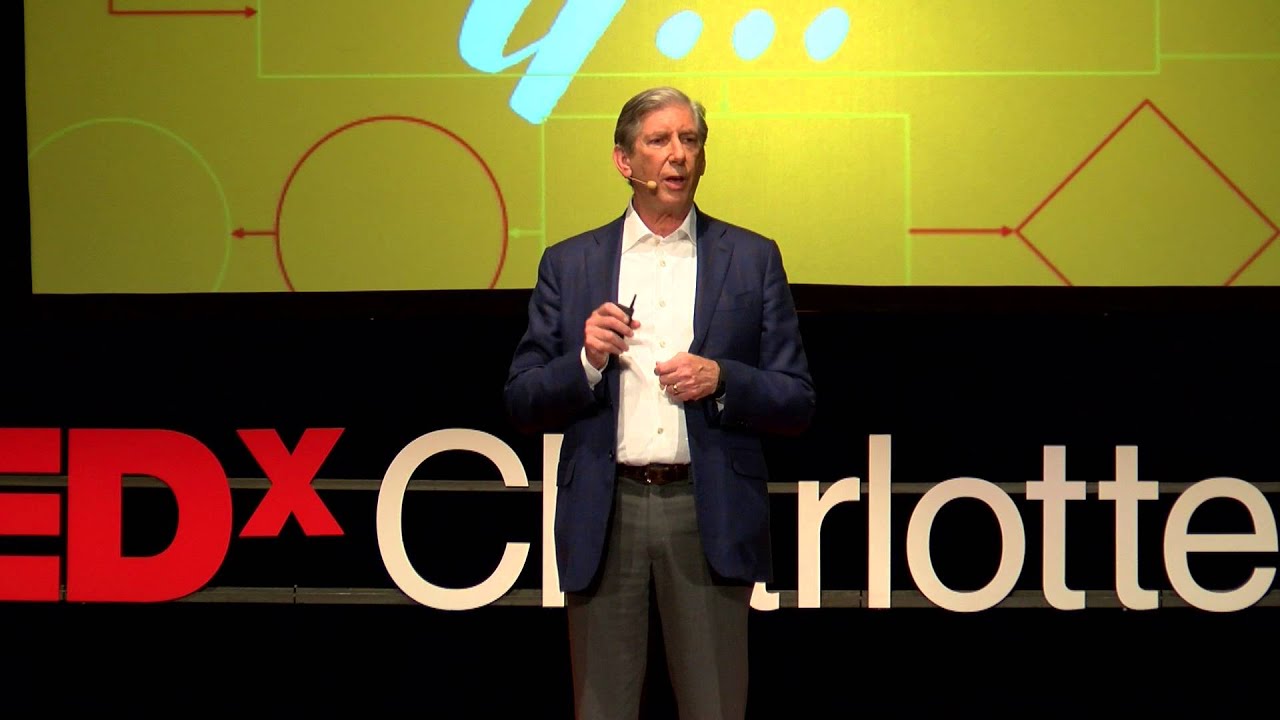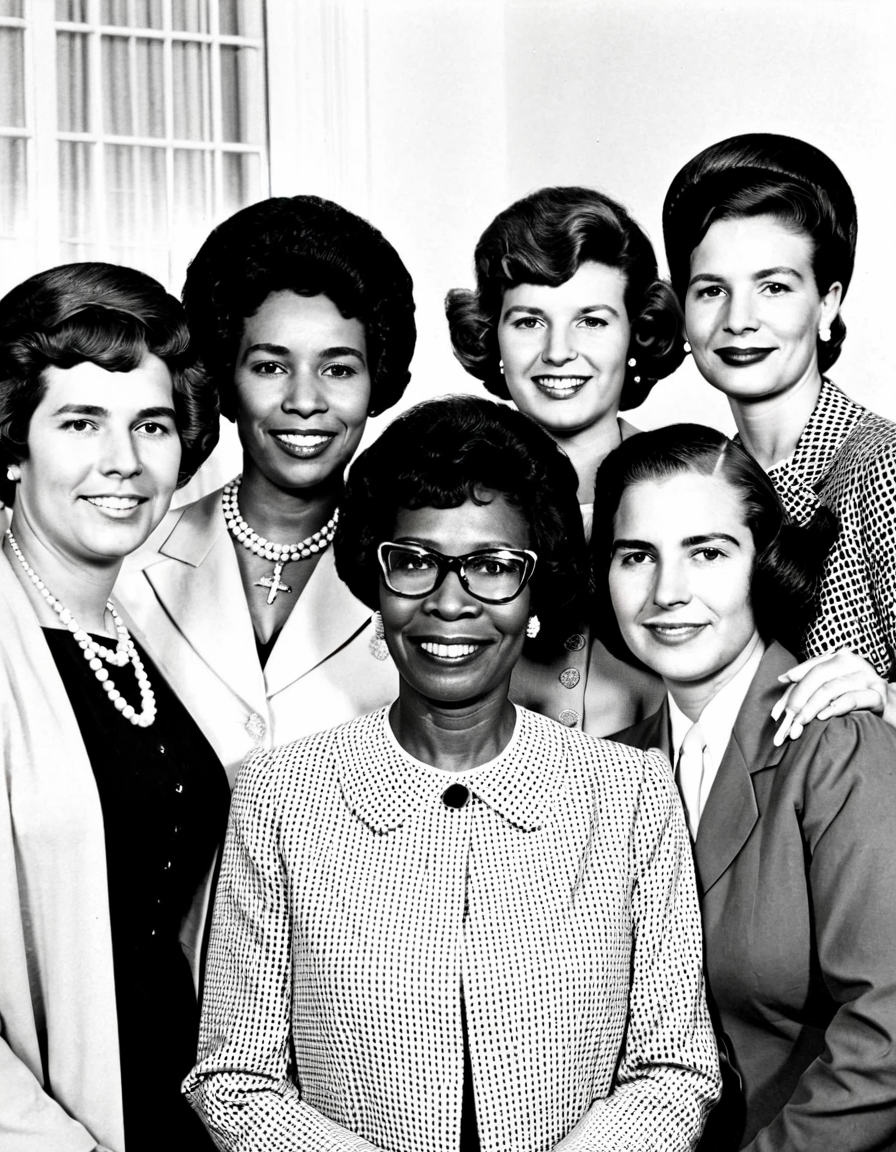Mental health stigma is a persistent challenge that looms over society, acting as a barrier to healing for countless individuals. This stigma manifests in various ways, making it tough for many to seek help and support. Oftentimes, people feel judged or misunderstood when opening up about their mental health struggles. The consequences of this stigma can ripple through workplaces, relationships, and even an individual’s overall well-being, reinforcing the need to confront and dismantle it.

Understanding the Stigma Surrounding Mental Health
The stigma surrounding mental health often arises from misconceptions and unfamiliarity. Society tends to paint mental health challenges as personal flaws rather than legitimate health concerns. This notion can foster discrimination and discourage those struggling from seeking help. For instance, high-profile figures sometimes share their journeys, highlighting the importance of transparency in fostering understanding and empathy.
Breaking down the stigma is vital not only for individual healing but for creating a more inclusive environment. The more we talk about these issues, the more we pave the way for acceptance and understanding. Every conversation we start contributes to a larger cultural shift, encouraging people to reach out rather than retreat into silence.

7 Ways Stigma Affects Mental Health Awareness and Treatment
Did you know that many employees with mental health issues face discrimination in hiring and promotions? A significant study by the American Psychological Association revealed the harsh reality for those brave enough to disclose their struggles. Even prominent figures, like former CEO of Bell Canada, faced challenges before workplace mental health policies gained traction.
The fear of judgment can lead people to withdraw from their social circles. Take celebrities like Selena Gomez, who bravely discusses her anxiety and depression. Even with high visibility, they often find themselves feeling alone, underscoring the collective need to address stigma in our everyday conversations.
Unfortunately, stigma often prevents individuals from accessing necessary help. Reports suggest that those dealing with mental health stigma are less likely to pursue therapy, despite favorable outcomes reported in resources like Metacritic. Effective treatments exist, but societal attitudes can act as barriers to care.
Media representation can either bridge or widen the gap of stigma. Movies, like “A Beautiful Mind,” do a commendable job at showcasing mental illness but can simplify or sensationalize experiences, overshadowing true narratives. It’s essential to improve how mental health is portrayed to foster understanding.
Stigma leads many to postpone seeking help, which can worsen their conditions. According to the World Health Organization (WHO), untreated mental health disorders lead to more severe consequences. This emphasizes the need for early intervention and support.
Stigma cultivates silence around mental health issues. Programs such as Bell Let’s Talk actively encourage discussions, highlighting the importance of reducing stigma by fostering openness and transparency. These initiatives show that talking is not only okay but necessary.
Stigma also shapes public policy and resource allocation, often resulting in inadequate support for mental health compared to physical health services. The disparity reflects how societal attitudes affect the kind of care available, diminishing access for those in need.

Strategies for Combating Mental Health Stigma
Combatting mental health stigma takes action across various fronts—be it individual, community, or organizational levels. Here are some effective strategies:

Education and Awareness Campaigns
Creating educational outreach that dispels myths surrounding mental health is a crucial first step. For example, influential figures like Dwayne “The Rock” Johnson have candidly shared their battles with depression, helping others relate and understand. Awareness campaigns that present personal stories can humanize mental health struggles, easing stigma.
Encouraging Conversations
Establishing workshops or seminars that focus on mental health can encourage dialogue. By creating safe spaces where experiences can be shared, we can foster understanding and trivialize the stigma surrounding mental health issues.
Integration in Workplaces
Organizations can foster more supportive environments through mental wellness initiatives. Companies like Google and Microsoft have incorporated programs that provide resources for employees. This proactive approach not only aids workers but signals dedication to dismantling mental health stigma.
Advocacy for Policy Change
Advocating for policies that protect individuals against discrimination based on mental health can bring about crucial change. Mental health organizations can drive reforms that ensure equal treatment, improving the resources and support available.
Collaboration with Media
Working collaboratively with media representatives can reshape how mental health issues are portrayed. Campaigns like MTV’s “Mental Health is Health” aim to provide authentic narratives that challenge common misconceptions and foster empathy.
Highlighting Research and Data
Providing accessible research on how stigma affects mental health can strengthen awareness. Data can help communities establish resources, making it evident that stigma not only impacts personal well-being but also community health.
Building Empathy through Shared Experiences
Empowerment through personal narratives can significantly foster empathy. Platforms like The Mighty allow individuals from diverse backgrounds to share their experiences, challenging stereotypes and opening dialogues.
Bridging the gap between stigma and mental health awareness is a journey requiring commitment from everyone involved. The impact of stigma reaches far beyond individuals, permeating through communities and society as a whole. As we stride toward a future that acknowledges mental health as integral to overall wellness, we must commit to fostering a more compassionate society where everyone has the opportunity to thrive. Remember, confronting stigma isn’t just a personal battle; it’s a collective mission toward a healthier, more inclusive world.

Stigma: A Closer Look at the Silent Burden
A Heavy Load to Carry
Stigma is a painful weight that’s often unfairly placed on those battling mental health issues. Society can sometimes contribute to this struggle, making it crucial to break down misconceptions. For instance, people often joke about wearing Tighty Whities, but when it comes to mental health, such humor can sometimes spiral into harmful stereotypes that prevent open conversations. You might be surprised to learn that art, like Sunday in The Park With George, often reflects these societal challenges, contributing to our understanding of stigma through creative expression.
Impact on Lives
The effects of stigma ripple through communities, impacting not just individuals but entire families. Take, for example, public figures like Rosie Perez, who have openly shared their struggles. By shattering the silence, they inspire others to do the same. Furthermore, a recent survey found that a significant percentage of individuals in Montana deal with mental health issues but remain undiagnosed due to the fear of negative judgment, highlighting how stigma can lead to Montana’s unemployment challenges as people avoid seeking treatment.
The Power of Perspective
Understanding stigma’s influence can help shift perspectives. Just as music can be a powerful outlet—think of the empowering anthems from artists like Beyoncé at the Grammys—we can harness creativity to confront mental health stigma. Meanwhile, relatable figures, like Aj Styles in the Nfl Today, demonstrate that even those in spotlight positions face vulnerability, reminding us that anyone can struggle. By embracing shared experiences, we can foster an atmosphere of empathy rather than judgment, making the journey toward healing a bit lighter for everyone.































